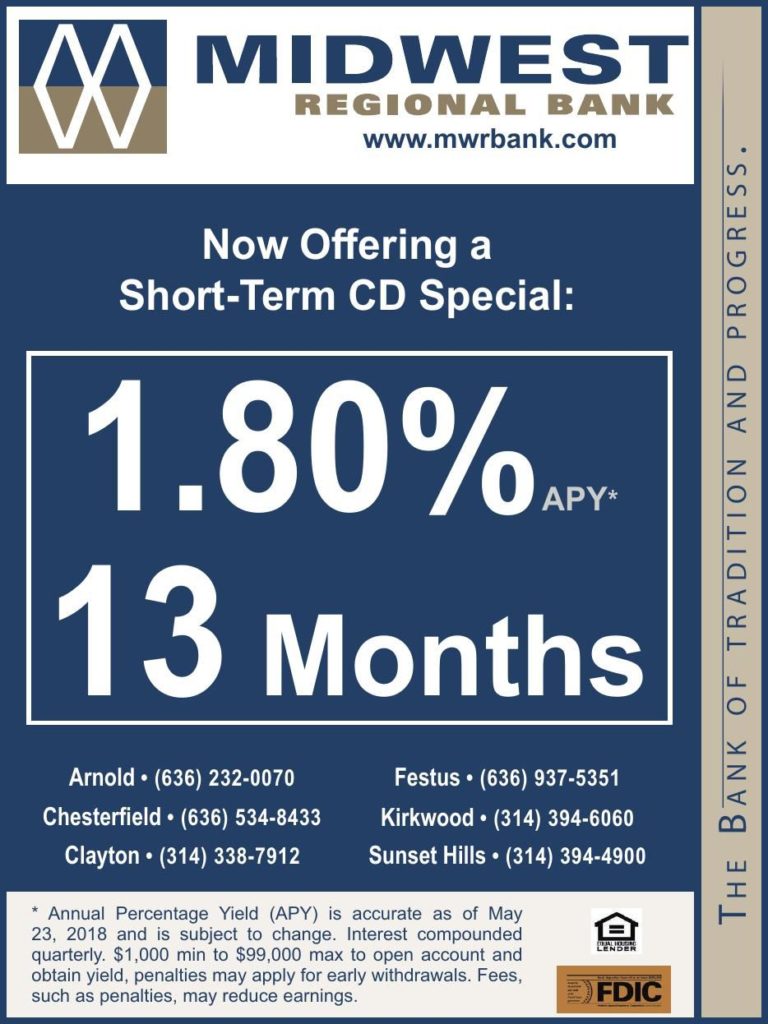Home » Posts tagged 'guide'
Tag Archives: guide
Wealth Building Secrets No One Told You About as a Business Owner
As a business owner, you’re constantly juggling numerous responsibilities. You’re focused on growth, customer satisfaction, and day-to-day operations. But somewhere in the hustle of building your empire, have you considered how to build lasting wealth? Many entrepreneurs overlook key strategies that could dramatically impact their financial future. Wealth isn’t just about making money; it’s about smart management and strategic planning. Involving professionals early—like an accountant or small business financial advisor—can uncover opportunities that align with your goals while navigating potential pitfalls effectively.
Today, we’ll uncover some wealth-building secrets that may not be common knowledge but can change the game for you as a business owner. It’s time to secure your legacy.
Compound Interest Is Your Best Friend
 Compound interest is a powerful tool that many overlook. It works behind the scenes, quietly multiplying your wealth over time. The sooner you start investing, the more significant impact it can have. Think of compound interest as a snowball rolling down a hill. As it gathers momentum, it grows larger and larger with each turn.
Compound interest is a powerful tool that many overlook. It works behind the scenes, quietly multiplying your wealth over time. The sooner you start investing, the more significant impact it can have. Think of compound interest as a snowball rolling down a hill. As it gathers momentum, it grows larger and larger with each turn.
Even small investments made early can lead to substantial returns later on. As a business owner, consider reinvesting profits into your venture or making strategic financial decisions that capitalize on this principle. Whether through retirement accounts or investment portfolios, let your money work for you while you focus on running your business.
Tax Deferral Strategies
Tax deferral strategies can significantly impact your wealth-building journey. By postponing tax payments, you allow your investments to grow without the sudden burden of taxation. Consider utilizing retirement accounts like a 401(k) or an IRA. Contributions to these accounts often reduce taxable income, allowing more funds to remain invested longer. Another effective approach is using depreciation on business assets. This not only lowers your taxable profit but also enables reinvestment into growth opportunities without incurring tax penalties immediately. Real estate investors have options, too. Like-kind exchanges let you defer capital gains taxes when swapping properties, facilitating continuous investment increases.
How to Leverage Other People’s Money
Leveraging other people’s money can accelerate your business growth significantly. It’s all about using resources that don’t belong to you. Consider partnerships as a starting point. You can pool financial resources for shared projects by collaborating with investors or fellow entrepreneurs. This reduces personal risk while maximizing potential returns. Another avenue is through loans and credit lines. Banks and private lenders are often willing to finance promising ventures. Just ensure your business plan is solid; a well-prepared proposal increases your chances of securing funds. Crowdfunding platforms also offer an innovative approach.
Plan for Business Exit Early
 Planning for a business exit is often overlooked, yet it’s crucial. The earlier you start thinking about it, the better prepared you’ll be to maximize your investment. Your options would be selling to another company, transferring ownership to family members, or even going public.
Planning for a business exit is often overlooked, yet it’s crucial. The earlier you start thinking about it, the better prepared you’ll be to maximize your investment. Your options would be selling to another company, transferring ownership to family members, or even going public.
Each route has its own set of complexities and advantages. Creating a solid exit strategy can add value to your business. Potential buyers want assurance that operations will run smoothly without you at the helm. Documenting processes and building a strong team are vital steps in this direction. Now, you’re exposed to secrets to financial freedom that many overlook in their entrepreneurial journeys. The road may be challenging at times, but with informed decisions and proactive planning, building lasting wealth becomes much more achievable.…
The Cons of Holiday Tax Loans
Holiday tax loans are emergency loans based on anticipated tax refunds taken before the refund is received. The idea is to obtain money quickly for a holiday season purchase or expense. While these loans can be convenient and appealing, several potential drawbacks should be considered before taking out a loan. So, if you are planning to take out holiday tax loans, you should know some things. Below are the cons of holiday tax loans.
They Offer Higher Interest
 The first con of holiday tax loans is that they typically come with higher interest rates than traditional loans. This is since the loan is short-term, and the lender takes on more risk in providing it. The APR can be anywhere from 100% to several hundred percent, depending on the lender and loan terms.
The first con of holiday tax loans is that they typically come with higher interest rates than traditional loans. This is since the loan is short-term, and the lender takes on more risk in providing it. The APR can be anywhere from 100% to several hundred percent, depending on the lender and loan terms.
This is one of the reasons that many people opt for this as a last resort when they need money quickly. In many cases, borrowers have taken out a holiday tax loan, only to find themselves deep in debt and unable to pay off the loan.
They Have Limited Loan Amounts
The second con of holiday tax loans is that they typically have limited loan amounts. Typically, lenders cannot offer more than $1,000 in emergency funding as it would be too much of a risk for them. If you need more than that amount, you will have to look elsewhere. This can be especially problematic if you need more substantial funding for a large holiday purchase or expense. Many people need a larger amount than is available through these types of loans.
They Come With Penalties
The third con of holiday tax loans is that they often come with late payment fees or other penalties if the loan is not repaid promptly. Depending on the lender, these fees can be steep and can make it difficult to repay the loan. Furthermore, some lenders may impose additional fees for early repayment of the loan. This is important to consider if you are planning on taking out a loan, as it can effectively increase the cost of the loan and make it more difficult to repay. Which is why it is important to thoroughly review the loan terms before signing the agreement.
They Require Perfect Credit
 The last con of holiday tax loans is that they typically require impeccable credit to be approved. Most lenders will not consider borrowers who have a history of late payments or a low credit score. This means that if you do not have perfect credit, you may find it difficult to qualify for this type of loan.
The last con of holiday tax loans is that they typically require impeccable credit to be approved. Most lenders will not consider borrowers who have a history of late payments or a low credit score. This means that if you do not have perfect credit, you may find it difficult to qualify for this type of loan.
Additionally, some lenders may require collateral to obtain the loan, which can be difficult to provide if you are already struggling financially. Which is why it is essential to assess your credit score and financial standing before taking out a holiday tax loan. This can save you from unnecessary financial strain and frustration.
While holiday tax loans can be an attractive option for those in need of emergency funds, it is essential to consider the potential drawbacks before taking out a loan. They typically come with high-interest rates, limited loan amounts, penalties for late or early repayment, and often require perfect credit. It is important to carefully review the loan terms and ensure that you can meet all of the requirements before signing any agreement. This can help save you from financial strife in the long run. By considering all of these cons, you can be sure that you are making an informed decision when taking out a holiday tax loan.…







